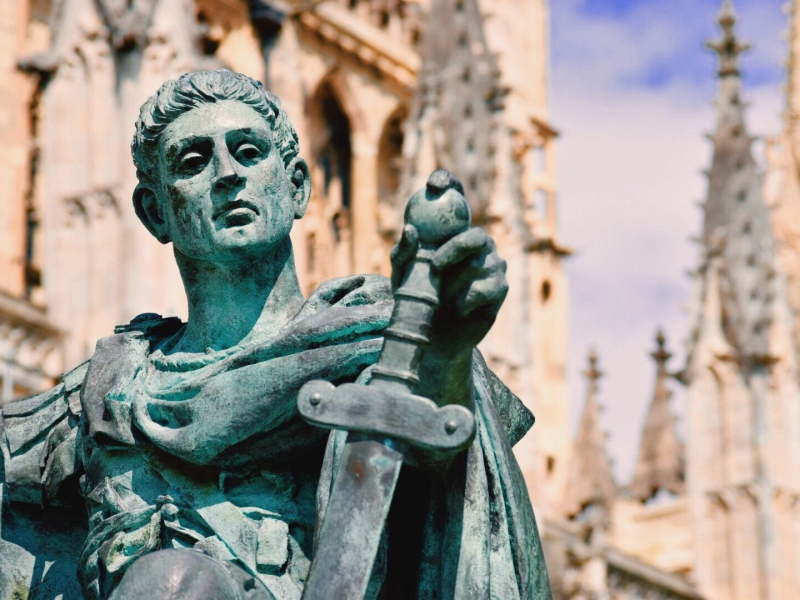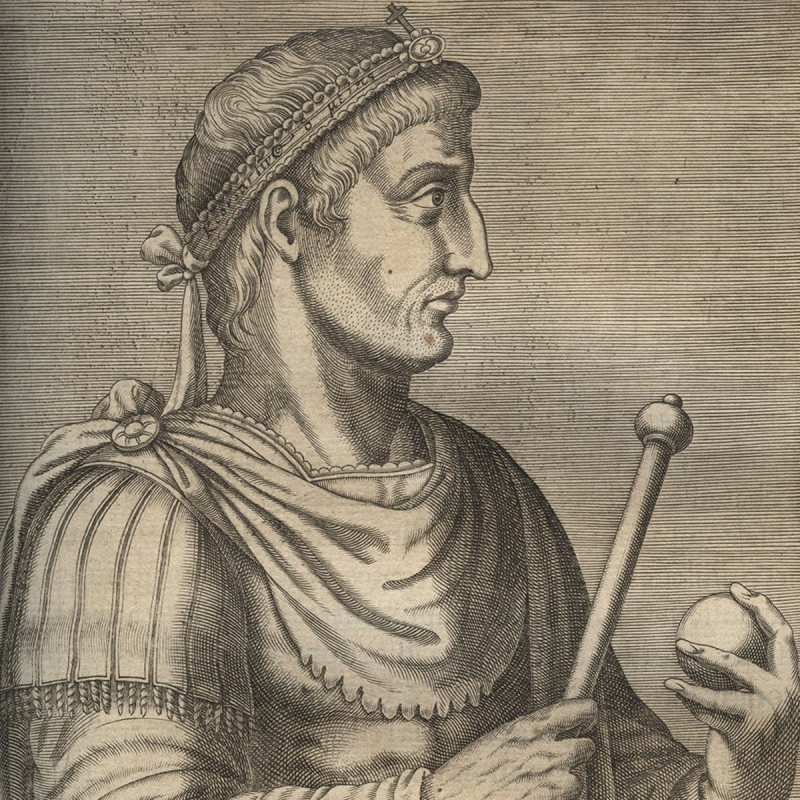Constantine the Great

Flavius Valerius Aurelius Constantinus Augustus was Constantine's full name. Constantine I, who was often regarded as the last western Roman emperor, brought about several changes that would permanently transform the Roman empire. This renowned emperor was a leader of significant historical significance who later rose to become the first Christian Roman emperor in recorded history.
He achieved significant victories over formidable adversaries including the Franks, the Alemanni, the Goths, and the Sarmatians as well as uniting a split empire under a single ruler. A few of the long-lost Roman provinces were also retaken by him. He founded Constantinople, which became the seat of the Byzantine Empire for many years, and gave it his name. He was often referred to be the founding father of Byzantium because of this.
He saw the need for Christian assistance as Christianity was growing, and as the first emperor to convert to Christianity, he eventually rose to prominence in Christian history. His command to construct the Church of the Holy Sepulchre at the alleged location of Jesus' tomb in Jerusalem resulted in it being the holiest site in all of Christianity. His conversion had a profound effect on the succeeding Byzantine Empire's choice of religion.
Lifespan: February 272 AD - May 337 AD











